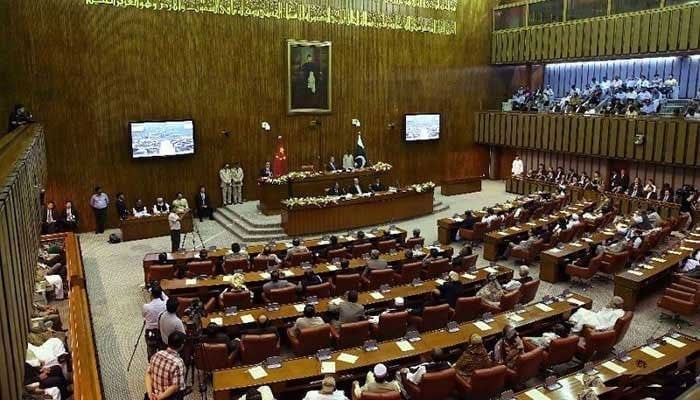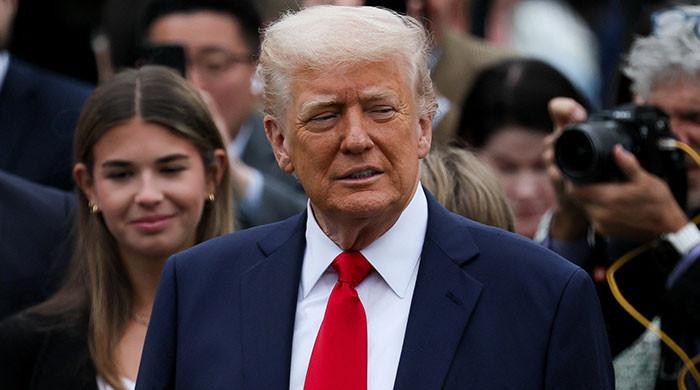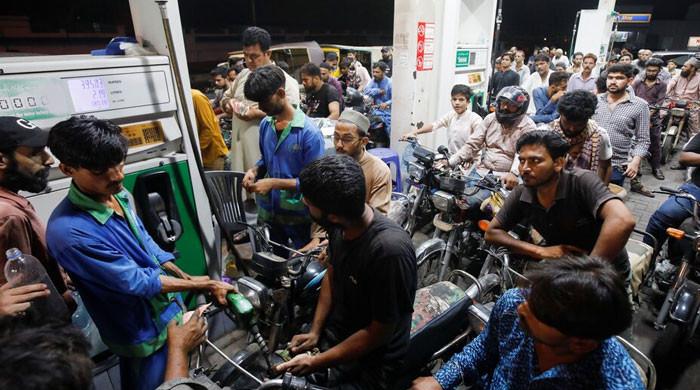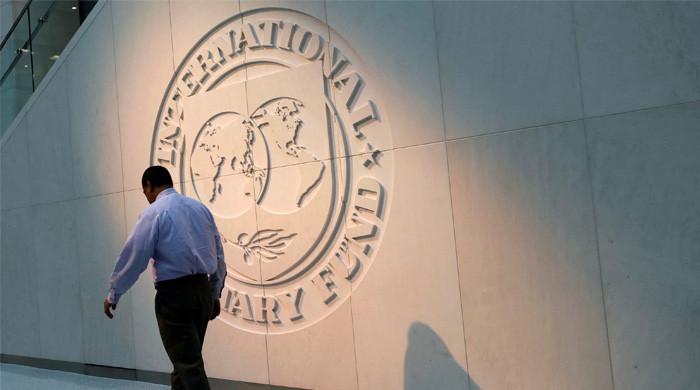A democratic Senate?
Purpose behind establishment of Senate was to provide equal representation to all federating units to promote national cohesion
January 09, 2024

A few days back, the Senate passed a resolution seeking a delay in the upcoming general election for which polling day is scheduled for February 8, 2024. The reasoning given was extremely fallible: that it is very cold in most of the areas, due to which it is difficult for these areas to participate in the election process. Another apprehension was the law-and-order situation.
Almost immediately, all political parties disowned and harshly criticized the resolution, for there is no doubt that the public mood and the institutional mindset are set for an election, with the Supreme Court having said that polling on the 8th of February 2024 is set in stone.
The Senate is a representative of the people of the republic, but why then would the Senate pass a resolution that does not coincide with the temper of the people of the republic? And is there a way to cure this?
The Senate of Pakistan is established under Article 59 of the constitution. Historically, the purpose behind the establishment of the Senate was to provide equal representation to all federating units to promote national cohesion and harmony. This was deemed necessary since the lower chamber, the National Assembly, was based on population. Pakistan had, by adopting this system, replicated the American federal parliamentary system, which was the result of a great compromise between the large and small states.
The idea behind a bicameral system is simple: since in the lower house representation is based on population, it would mean that provinces with larger populations would not only have more power in passing legislation but could also trample on the rights of the provinces with smaller populations. To address this threat, the bicameral system was created, which gave both the larger and smaller provinces even influence in the legislature. Unless an idea was supported by both the majority of the people of the country and the majority of federating units in the country, it could not become law.
This was even more important for Pakistan after the fall of Dhaka, since Punjab had over half of the country’s population and could get its way around every time, even if the rest of the provinces objected – unless of course there was a Senate with equal representation from each province.
The Senate, however, has received scathing criticism, not only because it is entirely undemocratic in its election process, but also by nearly all political parties who have been the victim of losing a seat in the Senate which rightfully was theirs due to horse-trading. Each of the four provincial assemblies elects 23 members from their respective provinces, whereas four members are elected by the National Assembly from the federal capital and eight members used to be elected from the Federal Administered Tribal Areas (FATA) before its merger with Khyber Pakhtunkhwa; now since Fata has become a part of KP, they are no longer elected.
The term of elected senators is six years, with half of its members retiring every three years. It has often been alleged that a candidate can buy their way through to the upper chamber and that political parties and politicians often engage in shrewd negotiations over the Senate elections. Even otherwise, there has been recurrent criticism that the Senate can be manipulated, especially when the powers-that-be want it to stand in the way of popular public narratives, the reason being that these senators are not elected directly by the bulk of the population, but by representatives who were in turn elected by direct democratic vote, and hence the Senate and its members do not really need to pay much attention to what is the public mood, since it is disconnected from political accountability by the public at large.
The current system of elections to the Senate sounds an awful lot like the system that was introduced first in the United States by the constitution of 1787. The Americans experienced similar problems with their Senate. Nine bribery cases concerning the election of Senators were brought before the Senate between 1866 and 1906; there were widespread calls for direct elections but were fiercely spurned. The state of Oregon then took the lead and held the first direct elections for its Senators in 1907, and by 1912 as many as 29 states elected senators directly. The new directly elected Senators soon started supporting direct elections for Senators and it took just one year for their coup to succeed. The 17th amendment to the American constitution, ratified in 1913, made the Senate more democratic by providing for direct elections nationwide.
Our constitution was drafted six decades after the Americans provided for direct elections, and yet we adopted a system of indirect elections. Circumstances change and a polity that refuses to change with it and remains static is left behind, especially in a globalized world. It is time now that direct elections for the Senate were ensured, bidding an end to the problems caused by indirect elections. It would make Pakistan a more democratic entity. There are no good reasons for keeping the Senate indirectly elected. We have to learn from our past and we have to evolve into a democracy.
One can hope that a constitutional amendment providing for direct elections to the Senate will be on the agenda of the assembly that is elected as a result of the impending general election.
The writer is a Karachi-based barrister practising constitutional and administrative law.
Disclaimer: The viewpoints expressed in this piece are the writer's own and don't necessarily reflect Geo.tv's editorial policy.
Originally published in The News











